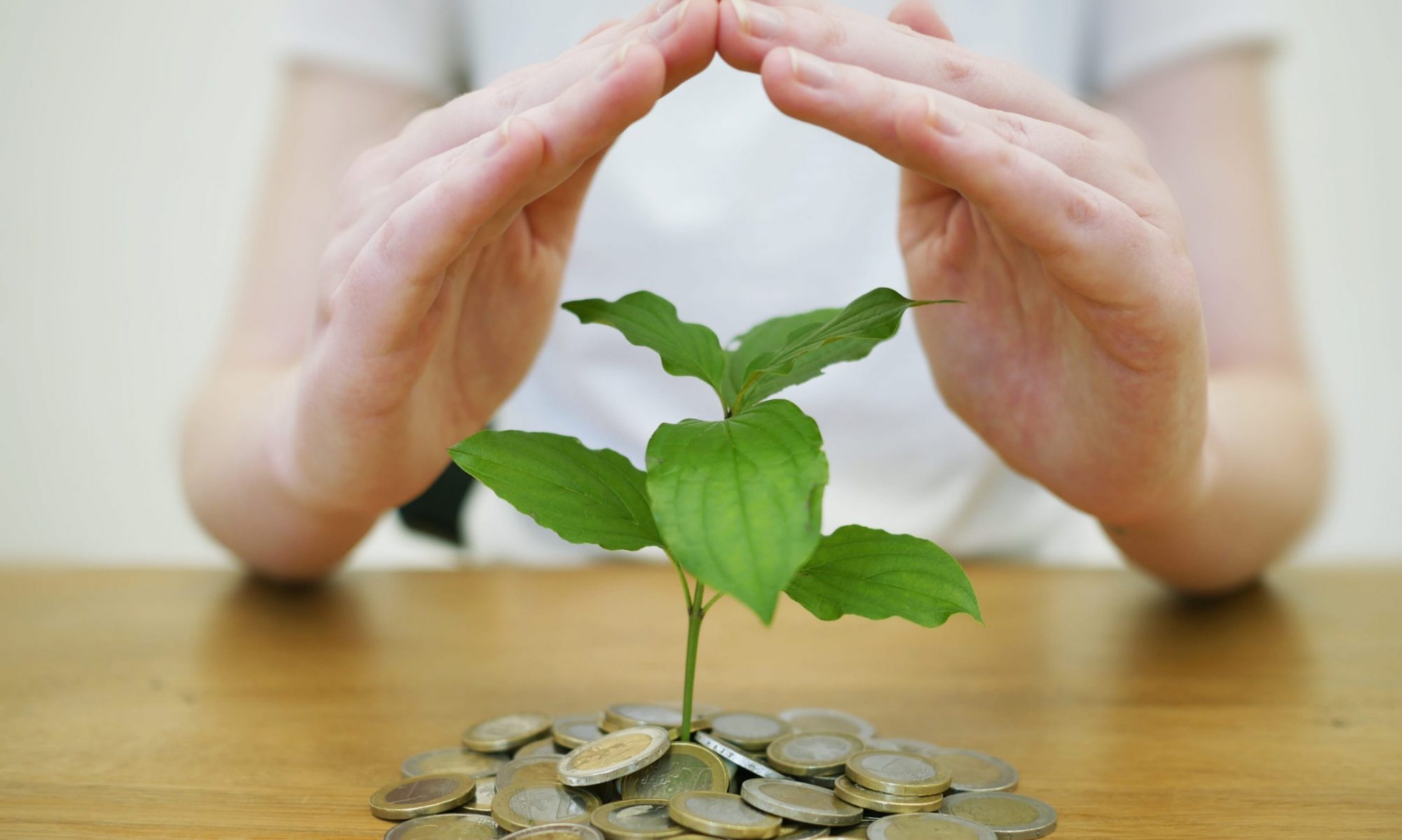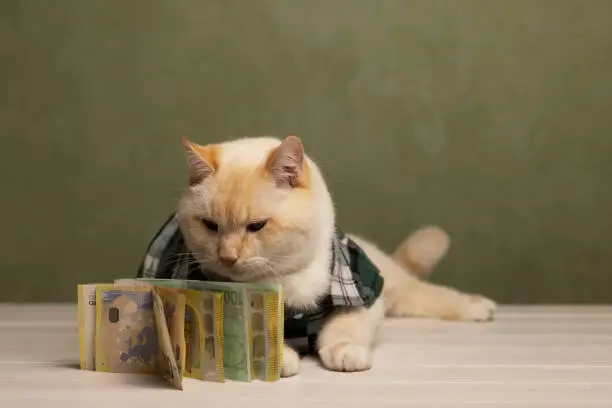Investing in Meme Stocks is a trend that has captivated retail traders, shaken hedge funds, and upended traditional notions of market fundamentals. What began as a digital joke evolved into a financial movement, blending pop culture, internet virality, and financial markets into a chaotic yet captivating spectacle. Meme stocks—stocks driven by social media hype rather than economic performance—have created a new investing paradigm, especially for younger investors raised in the age of Reddit, X (formerly Twitter), and TikTok. But are these stocks real investments, or simply digital roulette wheels for adrenaline-seeking speculators? This article explores the history, psychology, mechanics, and controversy behind meme stocks, guiding you through their origin, their most prominent layers, and whether or not they have a legitimate place in your portfolio.
What Exactly Is a Meme Stock?
A meme stock is a company’s share that experiences significant price movement mainly due to viral interest, especially on social media platforms. Unlike traditional stocks that rise and fall based on company earnings, innovation, or macroeconomic trends, meme stocks are driven by online narratives and community enthusiasm. Platforms like Reddit’s r/wallstreetbets, X, and Discord communities have been the central playgrounds for meme stock activity.
These communities develop slang, symbols, and battle cries, rallying millions to buy, hold, or even purposely disrupt Wall Street strategies. Popular examples include “Diamond Hands” (hold at all costs), “Apes together strong” (solidarity among small investors), and “To the Moon” (aspirational price surges).
The Historical Roots of Meme Stocks
Though meme stocks became mainstream in 2020, the idea of crowds pushing stocks irrationally isn’t new. In the 1990s, chat rooms hyped barely profitable dot-com companies. However, what distinguishes the meme stock era is accessibility. With the rise of zero-commission apps like Robinhood and widespread access to high-speed internet, ordinary individuals now wield significant influence over stock prices.
The pivotal moment came in January 2021 when retail traders on Reddit orchestrated a short squeeze on GameStop (GME). The battle between small investors and powerful hedge funds became a financial David vs. Goliath story. The aftermath shook Wall Street, brought regulatory scrutiny, and minted millionaires and cautionary tales overnight.
GameStop: The Poster Child of Meme Stock Mania
No conversation about investing in meme stocks is complete without discussing GameStop. The movement was led by Keith Gill, aka “Roaring Kitty,” who shared detailed analysis arguing that GameStop was undervalued and ripe for a short squeeze. At the time, hedge funds had heavily shorted the stock, betting it would fall.
Inspired by Gill’s analysis and persona, Reddit users bought GameStop en masse. GME shares skyrocketed from under $20 to nearly $500 in weeks, costing hedge funds billions. Melvin Capital, one of the funds with prominent short positions, reportedly lost over 50% of its portfolio value.
Gill’s cryptic memes and videos became rallying cries, showing the power of online sentiment. When he returned to social media in May 2024 with just a single image post, it again caused GME to surge by nearly 100% in one day, sparking a second wave of meme frenzy.
AMC, Blackberry, and the Meme Stock Universe Expands
GameStop wasn’t alone. Soon after its meteoric rise, other heavily shorted, underdog companies were spotlighted. AMC Entertainment saw its share price soar despite still-recovering post-pandemic box office revenues. BlackBerry—once a mobile phone giant—became another meme darling based on nostalgia and market potential in cybersecurity.
Even companies like Bed Bath & Beyond (BBBY), Koss Corporation (KOSS), and Vinco Ventures (BBIG) experienced sudden and dramatic price spikes. Some succeeded in using these rallies to raise capital. For example, AMC raised over $1.5 billion through follow-on share offerings during the meme boom.
How Social Media Became a Trading Floor
Social media has become the new Wall Street for meme stock investors. Platforms like Reddit don’t just influence sentiment—they create it. Each upvote, retweet, or meme is a market signal and motivation. The meme stock movement thrives on collective action. With thousands echoing a sentiment, even fictional stocks could theoretically see price movements.
The viral nature of memes allows for the rapid dissemination of bullish narratives. For example, a meme likening AMC to a rocket ship or a quote from “The Wolf of Wall Street” can rally thousands to make trades within minutes.
The Lingo of Meme Investors
The meme stock world has its language, deeply rooted in internet culture:
- Apes : Loyal retail investors, emphasizing solidarity.
- Diamond Hands : The conviction to hold no matter what.
- Paper Hands : Those who sell too soon are considered traitors by the community.
- YOLO: “You only live once” – the rationale for high-risk plays.
- Tendies : Profits.
- Stonks: Ironic way of referring to stocks.
- BTFD: “Buy the f***ing dip”—buy low, no matter how scary it gets.
These terms aren’t just playful—they shape group behavior and form a unique psychological ecosystem.
Short Selling and the Power of the Squeeze
Short selling plays a critical role in meme stock volatility. Many meme stocks were initially targeted because they had high short interest—hedge funds were betting against them. When retail investors began aggressively buying these stocks, it triggered short squeezes.
A short squeeze occurs when short sellers are forced to buy back shares at higher prices to cover losses, which increases the stock price. In some cases, this has led to parabolic price movements. The more dramatic the squeeze, the more viral the stock becomes, creating a self-reinforcing loop.
Meme Stocks as Weapons Against Wall Street?
There’s a philosophical undertone to meme investing. For many, it’s not just about profit—it’s about revenge. The 2008 financial crisis left many millennials and Gen Z skeptical of institutional finance. Hedge funds, seen as symbols of inequality, became natural targets.
By banding together, retail investors have found a way to “beat the system” using the very tools that Wall Street created. Some have described the meme stock frenzy as a financial form of Occupy Wall Street—digitized, meme-ified, and monetized.
What Prominent Investors Are Saying
Not all market veterans dismiss meme stocks. Michael Burry (of “The Big Short” fame) initially backed GameStop in 2019, recognizing its potential as undervalued. Billionaire investor Bill Gross has acknowledged the impact of retail traders in influencing prices.
Warren Buffett, however, warned in his 2021 Berkshire Hathaway meeting, “Speculation is not investing.” He highlighted that while enthusiasm can drive short-term success, long-term investing should be grounded in value.
Elon Musk, never one to shy away from controversy, actively encouraged meme investors, often tweeting memes that spurred additional market movements. His single-word tweet “Gamestonk!!” caused a massive spike in GME’s price.
The Fallouts: Lawsuits, Regulations, and Lessons
The meme stock saga has not been without consequences. Robinhood faced massive backlash in January 2021 when it restricted the buying of certain meme stocks. Accusations of protecting hedge funds led to lawsuits and congressional hearings. Eventually, Robinhood paid $70 million in fines and restitution.
Brokerage apps scrambled to adapt. The Securities and Exchange Commission (SEC) began evaluating the impact of social media on market manipulation. Questions arose: where’s the line between collective enthusiasm and coordinated manipulation?
The Rise and Fall: Is There a Pattern?
One typical pattern with meme stocks is this: meteoric rise, media frenzy, then a steep fall. After the 2021 GME surge, shares fell from $483 to under $40 in months. AMC followed a similar trajectory. While early investors cashed out with significant gains, latecomers often faced major losses.
By spring 2024, many of these stocks had settled far below their peak prices. But even then, a single meme or influencer pot—like Roaring Kitty’s return—can send them rocketing again, if only briefly.
Are Meme Stocks a Bubble or a Blueprint?
Critics argue that meme stocks resemble speculative bubbles—price divorced from reality, driven by irrational exuberance. Yet others suggest this is the future of investing: decentralized, community-driven, and emotional.
The key question is whether these companies can use their moment in the spotlight to build actual value. AMC, for instance, capitalized on meme momentum to raise capital, pay off debt, and modernize theaters. GameStop has shifted toward e-commerce and Web3 gaming.
While not all meme stocks will survive, those that evolve might turn a speculative rally into a strategic reset.
Are Meme Stocks Real Investments?
At their core, meme stocks are real stocks traded on legitimate exchanges. They offer ownership in actual companies. But investing in meme stocks requires a different mindset. You’re not just evaluating financials—you’re interpreting online sentiment, internet culture, and virality.
The challenge is separating genuine opportunity from overhyped noise. Some meme stock investors treat the market like a casino, but others do deep research, track short interest, and understand technical indicators.
Ultimately, meme stocks can be real investments with high risk and volatility. They’re not for the faint of heart or the uninformed.
Meme Stock ETFs and the Evolution of Products
In 2021, Roundhill Investments launched the first meme stock ETF under the ticker ‘MEME.’ It aimed to capture social media-driven momentum. However, the fund was discontinued by 2023 due to underperformance and waning interest.
Meanwhile, single-stock ETFs and leveraged funds have become popular, allowing investors to take amplified bets on meme stocks like Tesla and Nvidia.
The evolution of such products shows that Wall Street is paying attention, even if it once scoffed at memes.
Quotes That Define the Era
- “Apes together strong.” — r/wallstreetbets user motto
- “Gamestonk!!” — Elon Musk, Twitter
- “This is not a trade, this is a movement.” — Keith Gill, aka Roaring Kitty
- “Speculation is most dangerous when it looks easiest.” — Warren Buffett
These quotes reflect perspectives on investing in meme stocks, from wild optimism to seasoned caution.
Final Verdict: Should You Join the Meme Stock Party?
If you’re wondering whether investing in meme stocks is right for you, start by asking yourself these questions:
- Can you stomach wild volatility and potential losses?
- Do you understand the difference between speculation and investment?
- Are you in it for the movement or the money?
Meme stocks are now part of financial history. They’ve democratized trading, challenged Wall Street norms, and made millions for some while costing others dearly.
As with all investments, research, know your risk tolerance, and never invest money you can’t afford to lose. Investing in Meme Stocks may be accurate, but the outcomes are anything but predictable.

